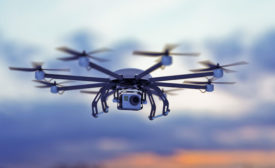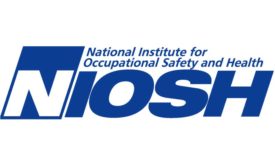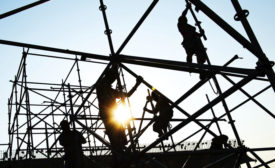News
How to cope with mass shootings, gun violence
Includes advice on how to talk to kids, calls for public health approach to gun violence
October 6, 2017
A NIOSH Blog post
Job complexity, race, and socioeconomic status
Examining health disparities from an occupational perspective
October 5, 2017
It's Breast Cancer Awareness Month
Black/white mortality differences closing in several states
October 5, 2017
Never miss the latest news and trends driving the safety industry
eNewsletter | Website | eMagazine
JOIN TODAYCopyright ©2024. All Rights Reserved BNP Media.
Design, CMS, Hosting & Web Development :: ePublishing









